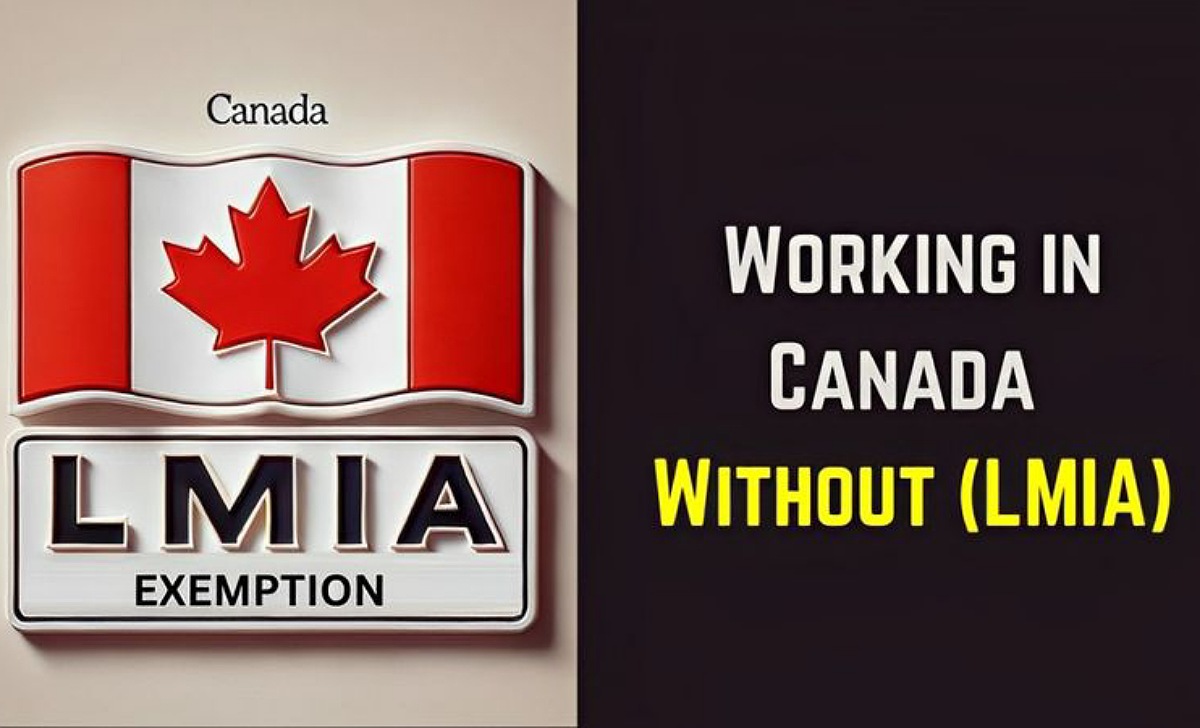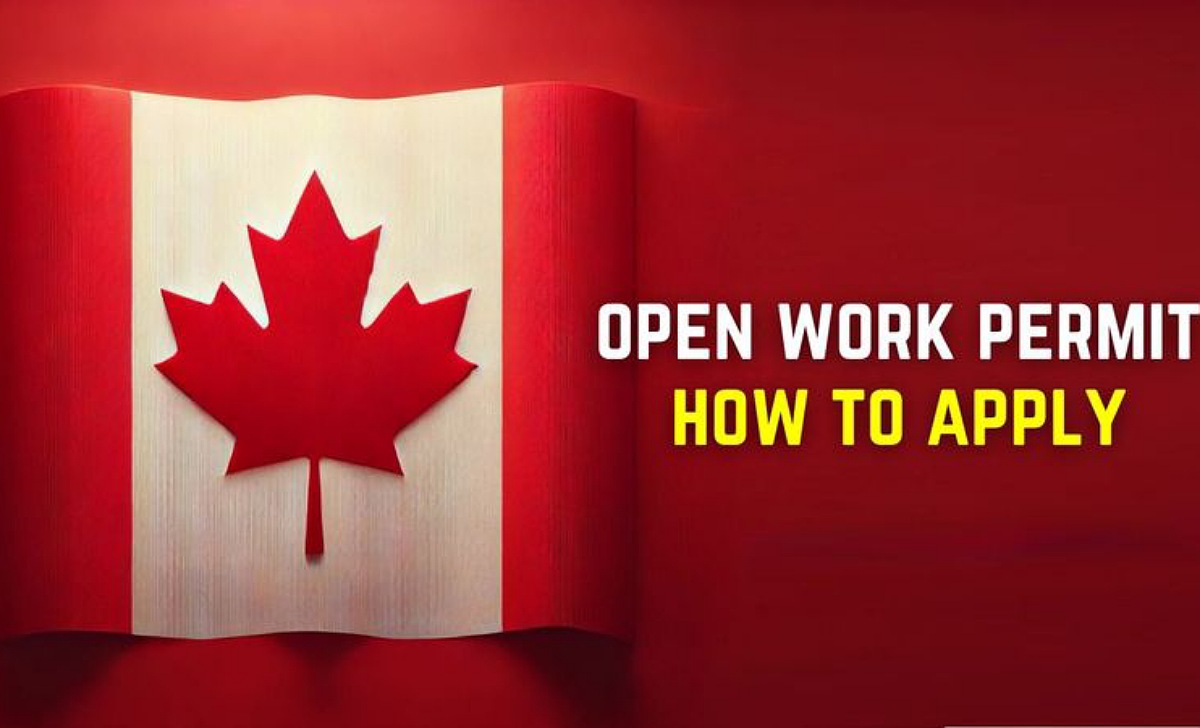How to Migrate to Canada as a Skilled Worker
Canada, a land famous for its breathtaking landscapes, welcoming people, and abundant opportunities, beckons skilled workers from across the globe. If you’re a talented professional seeking personal and professional growth, Canada might be the perfect place for you. This guide will walk you through the process of immigrating to Canada as a skilled worker, providing valuable details and resources to make your journey a success.
Why Canada Loves Skilled Workers
Canada’s booming economy thrives on skilled professionals in various sectors like information technology (IT), healthcare, engineering, and finance. Recognizing this need, the Canadian government has implemented streamlined immigration programs, making it easier for skilled workers like you to contribute to the country’s success story.
📍APPLY FOR THESE VISA SPONSORSHIP JOBS 👇👇
The Express Entry System: Your Gateway to Canada
The Express Entry system is the primary channel for skilled workers seeking Canadian permanent residence. It manages applications for three programs:
- Federal Skilled Worker Program (FSWP): Ideal for skilled workers with experience in occupations listed on the National Occupational Classification (NOC).
- Federal Skilled Trades Program (FSTP): Caters to skilled workers in specific trades occupations, often requiring apprenticeship or certification.
- Canadian Experience Class (CEC): Designed for skilled workers who already have Canadian work experience through study permits or temporary work visas.
The Express Entry system ranks applicants based on a points system called the Comprehensive Ranking System (CRS). The higher your CRS score, the better your chances of receiving an Invitation to Apply (ITA) for permanent residence.
Qualifying as a Skilled Worker
To be eligible for immigration through Express Entry, you’ll need to meet specific requirements:
- Work Experience: You must have at least one year of continuous, full-time (or equivalent part-time) paid work experience in a skilled occupation listed under the NOC skill level 0, 1, 2, or 3.
- Language Skills: Proficiency in English or French is crucial. You’ll need to take an approved language test like the International English Language Testing System (IELTS) or the Canadian English Language Proficiency Index Program (CELPIP) and achieve the required Canadian Language Benchmark (CLB) score.
- Educational Credential Assessment (ECA): To ensure your foreign educational qualifications are recognized in Canada, you’ll need an ECA report from an authorized organization. This helps Canadian employers and educational institutions understand your qualifications.
Building Your Express Entry Profile
Once you meet the eligibility criteria, it’s time to create your Express Entry profile online. This profile is your key to the pool of candidates. Here’s what you’ll include:
- Work Experience: Details of your work experience, including job titles, duties, and employers.
- Education: Information about your educational qualifications, including degrees, diplomas, and certificates.
- Language Skills: Your test results from approved language tests like IELTS or CELPIP.
- Other Factors: Information about your spouse/common-law partner’s education and work experience (if applicable) and any siblings living in Canada.
The details you provide influence your CRS score. A higher score increases your chances of receiving an ITA.
Understanding the CRS Score
The CRS score is a crucial factor in your immigration journey. It’s calculated based on various elements, including:
- Age: Younger applicants generally receive more points.
- Education: Points are awarded based on the level and type of your education and any additional qualifications.
- Work Experience: Points are given for your skilled work experience, both in Canada and abroad.
- Language Skills: Your proficiency in English and French is a key factor.
- Spouse/Common-Law Partner’s Skills: The education and work experience of your spouse or common-law partner can also add points to your CRS score.
- Adaptability: Factors like having close relatives in Canada and previous Canadian study experience can contribute to your adaptability score.
By strategically improving your qualifications, gaining more work experience, or taking steps to enhance your adaptability score, you can increase your CRS and improve your chances of receiving an ITA.
Provincial Nominee Programs (PNPs)
In addition to the Express Entry system, Canada offers Provincial Nominee Programs (PNPs). Each province and territory has its own PNP, designed to attract skilled workers who align with their specific labor market needs. If your skills and experience match the requirements of a particular province, you might be eligible for a provincial nomination. This nomination grants you additional CRS points, significantly boosting your chances of getting an ITA through Express Entry.
Job Offers
While not mandatory, having a valid job offer from a Canadian employer can significantly improve your CRS score. Actively searching for job opportunities online, attending job fairs, and networking with professionals in your field can help you secure that coveted job offer.



![High Demand Jobs in Canada [year] with Good Salary 4 High Demand](https://abokifx.app/wp-content/uploads/2024/07/High-Demand.jpg)